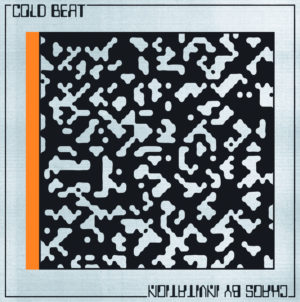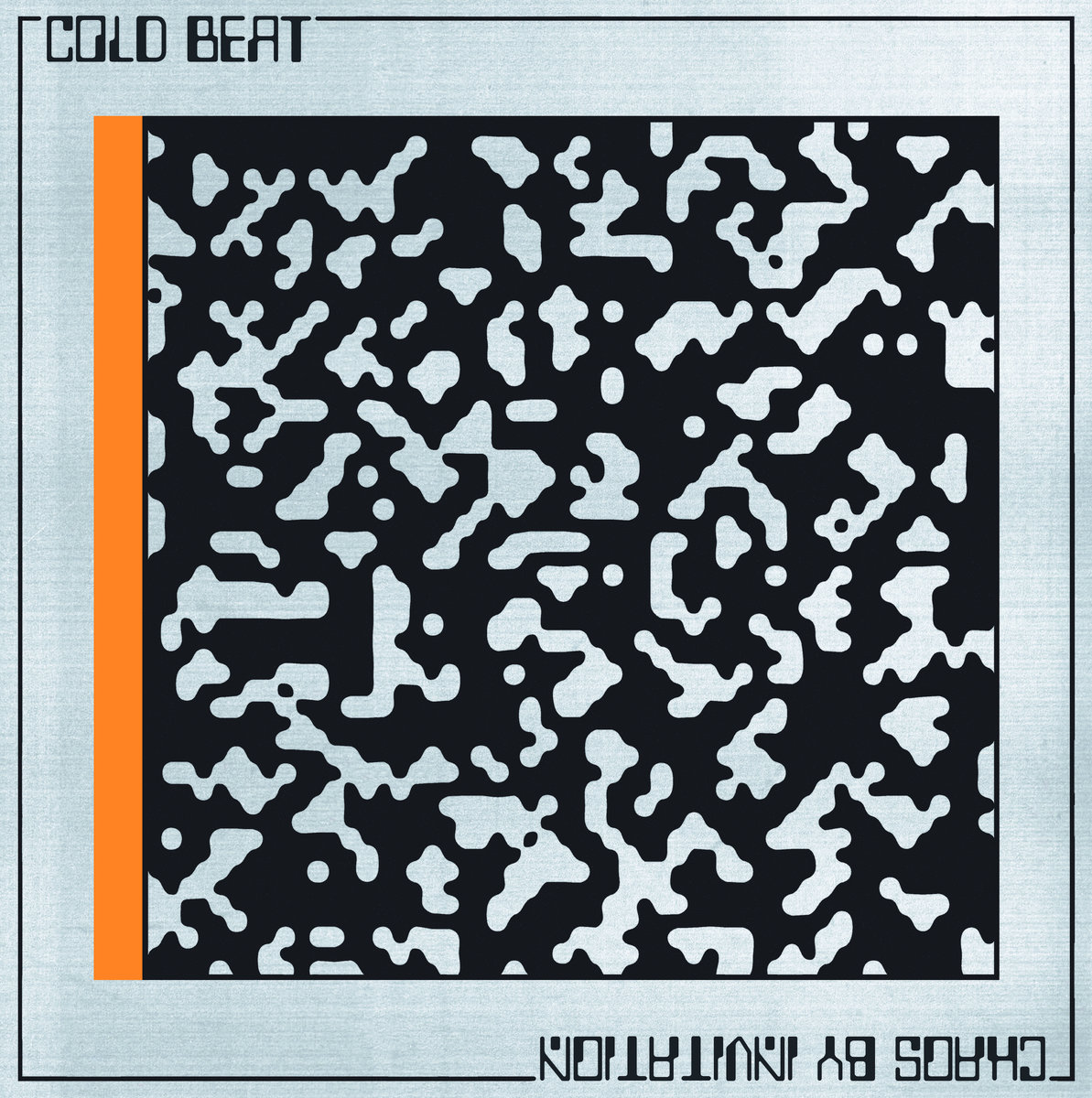Cold Beat
Chaos by Invitation
CRIME ON THE MOON
7/10
The trajectory of Hannah Lew’s work with Cold Beat has been oriented toward the future. Her music is similar to sci-fi in that it imagines a retro-futurist world far off in the distance while still recognizing that these imagined worlds can only be understood in the language of the present. In one sense that can be seen as a constriction on the common idea of sci-fi as a prediction of what is to come. But seeing it this way misses the fundamental aim of the science-fiction writer. As modern master of sci-fi Ursula K. Le Guin puts it, “Science fiction is not predictive; it is descriptive.” Similarly, while the worlds Cold Beat have drawn up over their past two albums look to be up in the mushroom clouds, they are firmly rooted in the dire anxieties of the present.
On the group’s latest, Chaos by Invitation, most of the songs are comprised of a synth-piano melody backed by a persistent drumbeat layered with clear vocal takes trailed by a slight echo-y delay. It’s an approach you might call “beauty-in-simplicity,” and it also works to highlight the fraught loneliness and isolation of a passing world. “In Motion” both opens the album and is reprised to finish it. Here, Lew sets the stage of Chaos’s immersive landscape, beginning with sounds of gusting wind and the chilling refrain of “How can I hold on / When everything’s in motion.” Even the explicitly darker tracks like “Chainmaille” and “Thin Ice” read less like outright in-your-face anger and more like an intrusive, insidious outsider trying to gradually tear at Lew’s defenses.
On Chaos, Lew has taken a more refined look at synthetic pop sounds, drawing upon the lush and crystalline works of New Order or Modern English on tracks like “Strawberry Moon,” rather than the more abrasive industrial end of the spectrum that she has experimented with on past releases. This is not to say that Lew has held back expressively by maintaining pop artifice; she’s playing with the false dichotomy that implies that the complicated and difficult-to-listen-to have inherently more to say than a simple, accessible pop song.
One such case comes through in the middle of the album: lead single “62 Moons.” It’s among the only guitar-led songs on the record, with a bright open-chord lead that does the most to widen the horizons of Cold Beat’s post-apocalypse. In it is a moment of exploration, where being alone with one’s self in a vast world seems less scary—at least for a second.







